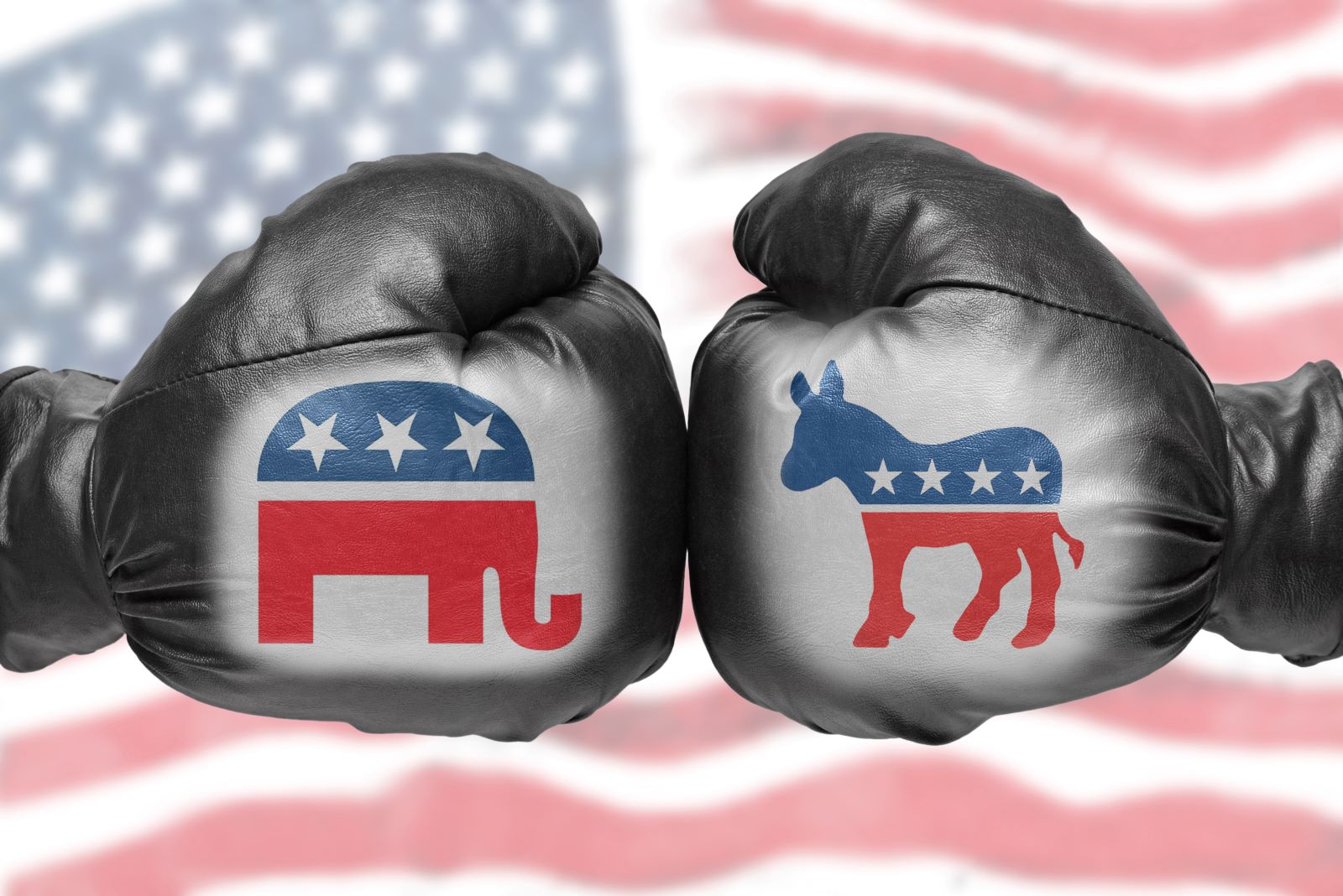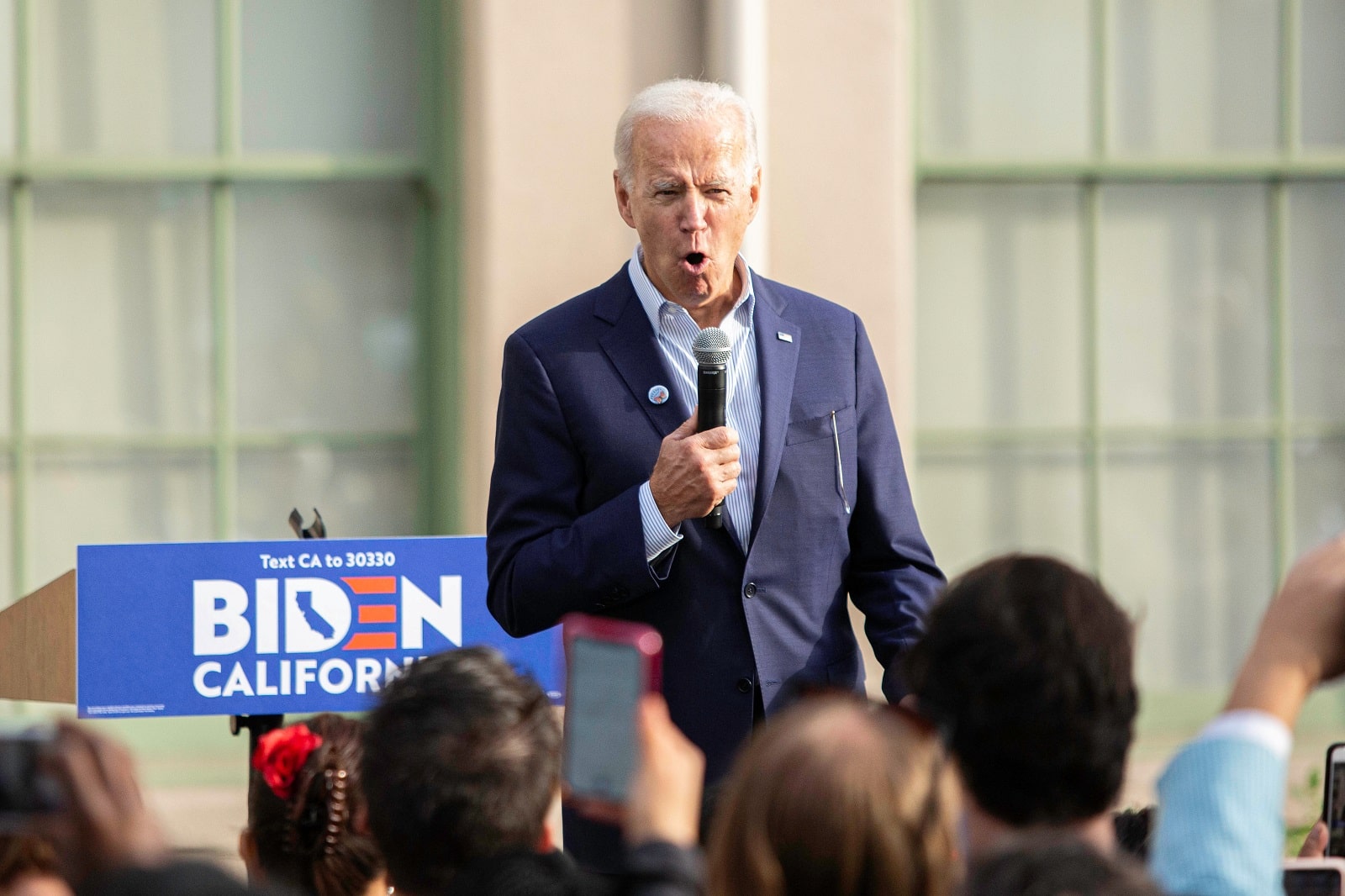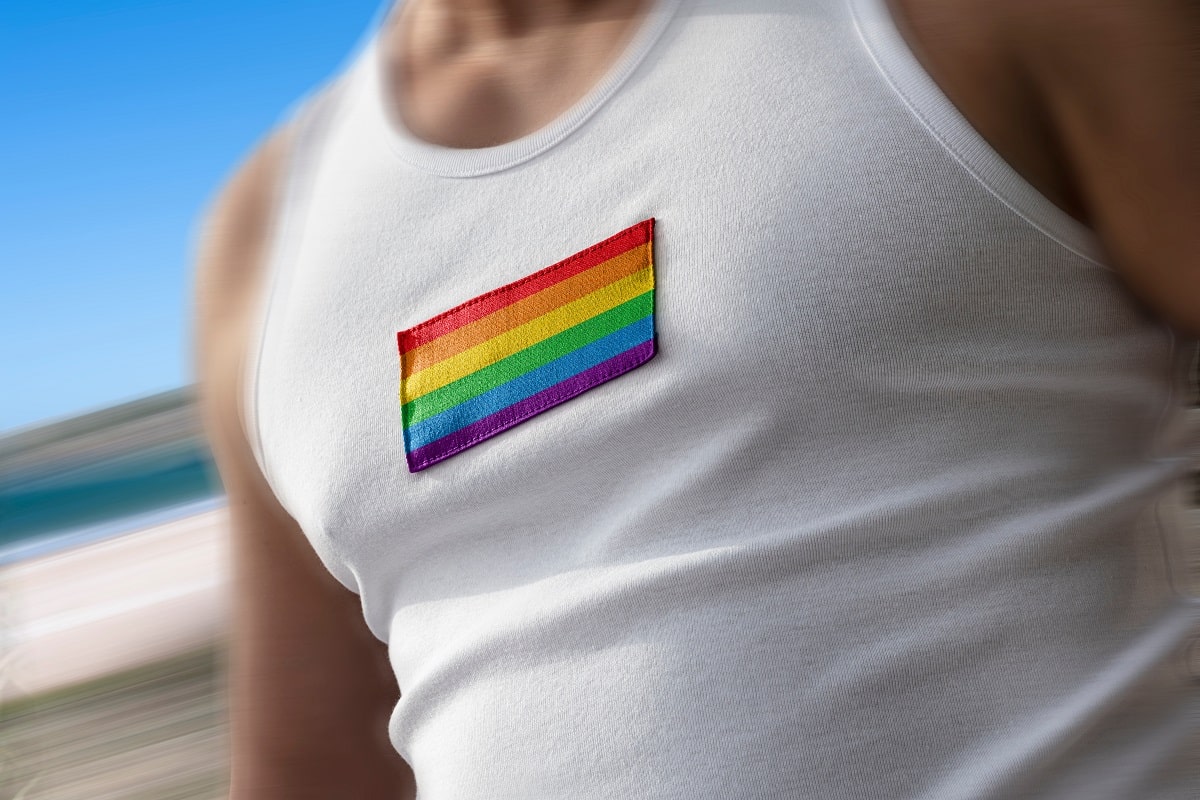A recent Gallup poll has shed light on the evolving attitudes of Americans toward transgender athlete participation in sports. Here’s the whole story.
The Poll

The Gallup poll conducted in 2023 reveals a significant shift in public sentiment regarding Trans athlete participation.
There’s an Increase

Nearly 70 percent of Americans now believe that athletes should compete on teams that align with their birth gender, up from 62 percent in 2021.
Support Have Decreased

Concurrently, the percentage of individuals advocating for Trans athletes to play on teams matching their current gender identity has decreased from 34 percent in 2021 to 26 percent in 2023.
The Political Portrayal

Riley Gaines, the director of the Riley Gaines Center at the Leadership Institute, shared that despite its political portrayal, this issue unifies the majority of the American public.
The Argument

Gaines points out that this should never have become a political battleground. Yet, it stands as a rare point of agreement among the populace.
She said, “The pendulum has swung too far, and people are beginning to see what’s at stake if it continues.”
The Percentage Will Increase

“The percentage of Americans who disagree with allowing men to compete in women’s sports will only increase, but unfortunately, more girls will be injured, exploited in a locker room, and lose out on opportunities in the meantime,” she continued.
Pro-transgender Policies

Interestingly, the poll noted that people who personally know a trans person tend to be more accepting of pro-transgender policies.
The Majority Considered It Wrong

The Gallup survey also delved into Americans’ moral perspectives on changing one’s gender.
In 2023, 55 percent considered it morally wrong, while 43 percent deemed changing one’s gender morally acceptable.
A Major Shift

This indicates a slight shift from 2021, when the percentages were 51 and 46 percent, respectively.
The Generational Divide

The generational divide on this issue is evident, with 60 percent of 18 to 29-year-olds finding it morally acceptable compared to 32 percent of those aged 50 and older.
Competitive Fairness

The Gallup press release highlighted that Americans view trans sports participation more through the lens of competitive fairness than as an issue of trans civil rights.
Not a Good Sign for Trans Athletes

Even within the Democratic party, where support for LGBTQ+ rights is prevalent, a division exists on whether trans athletes should compete based on birth gender or gender identity.
Political Involvement

Unsurprisingly, political affiliations play a significant role in shaping opinions on trans-athlete participation.
Republicans and Democrats

The poll reveals a consistent rise in support among Republicans, with 93 percent in 2023 advocating for athletes to compete according to their birth gender, compared to 86 percent in 2021.
Meanwhile, nearly half of all Democrats surveyed now support athletes playing based on their biological sex, up from 41 percent in 2021.
Among independents, this sentiment increased from 63 to 67 percent.
Legislative Efforts

The poll’s findings coincide with legislative efforts across the United States.
The Republican-led U.S. House of Representatives recently passed a national ban on biological men competing in women’s sports, a measure President Biden has vowed to veto if it reaches his desk.
Online Users Shared Their Views

Several online users expressed their thoughts on the incident.
One user wrote, “I agree with this, but let’s be real, it affects maybe five people. It’s an overblown issue. I’ve lived all over the country and have never seen it presented as a local issue.”
New Category

Another user added, “Look, I am for all people to be able to compete. So I propose a biological male category, a biological female category, and an altered freak category. There, that should satisfy everyone!.”
Physicality Is Biologically Different

A third user commented, “I’m a liberal, but do agree males shouldn’t compete with female athletes. Their physicality is biologically different.”
Featured Image Credit: Pexels / Andrea Piacquadio. The people shown in the images are for illustrative purposes only, not the actual people featured in the story.
- https://wokenpride.com/author/
- https://wokenpride.com/author/
- https://wokenpride.com/author/
- https://wokenpride.com/author/

